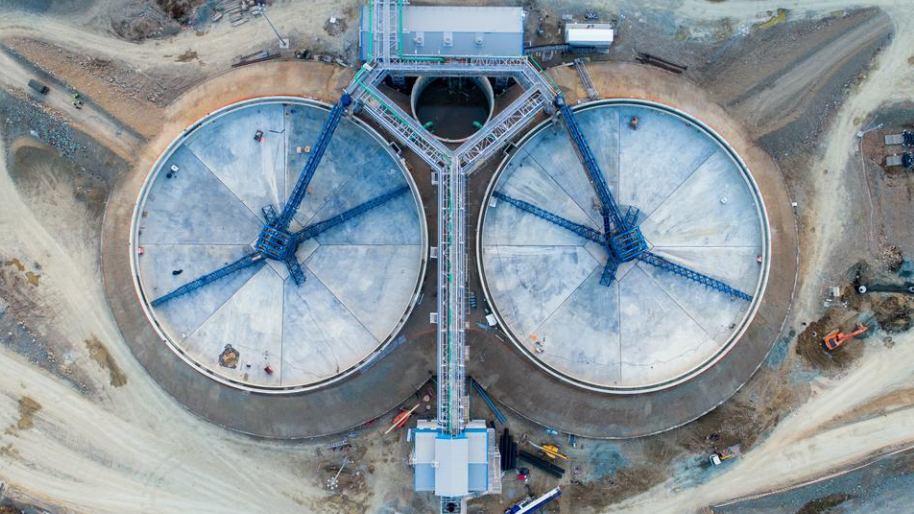Nornickel board proposes no dividend for 2023 results

The board of Russian metals and mining giant Nornickel recommended no dividend on its 2023 results, a year when the company faced significant pressure from sanctions restrictions and geopolitical challenges, Nornickel said on Thursday.
Disagreements on dividends have for years been the main reason for on-and-off rows between Nornickel’s main owners, chief executive and largest shareholder Vladimir Potanin and aluminum producer Rusal.
Moscow-listed shares of Nornickel, the world’s largest palladium producer and a major producer of high-grade nickel, traded 0.3% lower on the day, slightly outperforming the wider market.
Potanin’s Interros holds a 37% stake in Nornickel, Rusal owns 26.4% and billionaire Roman Abramovich hold around 4%. A 10-year shareholder agreement between them expired at the end of 2022.
The board considered a second dividend proposal, a source close to the board of directors told Reuters, from Elena Bezdenezhnykh, deputy head of Rusal, who represents the aluminum company on Nornickel’s board.
Bezdenezhnykh proposed a total dividend of $500 million, which the board rejected after some discussion, the source said.
Rusal declined to immediately comment when contacted by Reuters.
Nornickel failed to pay dividends on its 2022 results for the first time in 14 years, citing “negative geopolitics”, but resumed payouts for the first nine months of 2023 and paid $1.5 billion to shareholders in January 2024.
“In 2023, sanctions restrictions and geopolitical challenges put significant pressure on Nornickel’s financial results,” the company said in a statement.
The nine-month payout exceeded the company’s adjusted free cash flow for 2023 of $1.3 billion, from which the company distributes dividends, Nornickel said.
“Paying dividends by increasing the debt level is considered inappropriate,” it said, pointing to its dividend policy, which stipulates that the company must take metals prices into account and ensure that it maintains a high level of creditworthiness.
(By Anastasia Lyrchikova and Alexander Marrow; Editing by Andrew Osborn and Kirsten Donovan)
{{ commodity.name }}
{{ post.title }}
{{ post.date }}




Comments